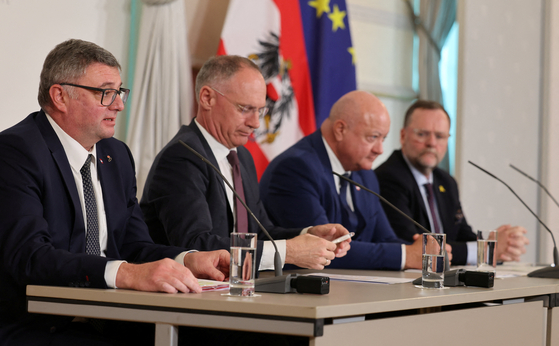Austria’s government has announced a temporary suspension of family reunions for migrants with protected status, citing concerns over integration and national capacity. This decision prevents family members of migrants from joining them in Austria, a move aimed at managing migration more effectively.
Chancellor Christian Stocker of the Austrian People’s Party explained that Austria’s resources for integrating migrants are limited, and bringing in more people could strain essential services such as housing, education, and healthcare. The government believes that by focusing on those already in the country, it can ensure a smoother integration process.
The policy change is part of a broader trend in Europe, where several countries are tightening their immigration rules to manage asylum seekers and migrants more efficiently. Austria’s decision follows similar measures in nations like Germany, France, and the UK, where migration policies have become stricter in response to public concerns about social stability and security.
Critics argue that stopping family reunions places an emotional and financial burden on migrants who are already struggling to settle in Austria. Many worry that separating families could have negative psychological effects and make integration even harder for those living without their loved ones. Human rights groups have also expressed concerns, stating that the decision could violate international agreements on family unity and refugee protection.
Supporters of the suspension, however, believe it is a necessary step to protect Austria’s economy and social systems. They argue that without proper controls, Austria could face challenges in providing jobs, education, and support services to a growing migrant population.
This latest move highlights the ongoing debate in Europe over migration policies. While some countries push for more humanitarian support, others focus on controlling borders and ensuring national security. Austria’s decision is expected to spark further discussions at the European Union level as countries seek to balance migration management with human rights commitments.

